Eating a diet high in protein has many benefits, hormone production, weight loss, enhanced muscle growth,immune health, satiety and weight management, improved metabolic health and body composition amongst them. How do you know if you are getting enough protein?
The Recommended Daily intake is on average 40-60g of protein a day, its calculated based on age, weight and sex with the recommendations for women 0.75g/kg of body weight per day and for men 0.84g/kilogram of body weight/day.
People who are pregnant, breastfeeding or over 70 years old should be consuming 1g per kilogram of body weight per day.
Let’s say you are a women you want to work out your minimum protein requirements
Daily Protein Intake (g)=70 kg (your weight) ×0.75g(RDI) =52.5 grams of protein
Common symptoms of protein insufficiency
I say insufficiency because a protein deficiency is pretty rare in the Western world. Symptoms include:
- Muscle Weakness and Fatigue: One of the signs of protein deficiency is muscle weakness or fatigue. If your muscles feel unusually weak or you’re experiencing frequent fatigue, it might be due to insufficient protein intake.
- Hair, Skin, and Nail Problems: Protein is essential for healthy hair, skin, and nails. Brittle nails, thinning hair, and dry skin can be signs of protein deficiency. (but also too much protein can also cause split ends and breakage, leaving hair to shed more)
- Frequent Infections: A lack of protein can weaken your immune system, making you more susceptible to infections.
- Edema: Protein helps maintain fluid balance in the body. Low protein levels can cause fluid retention, leading to swelling, particularly in the legs and feet.
- Cravings and Increased Appetite: If you’re constantly feeling hungry or experiencing intense cravings, it might be due to a lack of protein, which helps regulate hunger hormones.
Whilst these above symptoms can all be related to other issues, establishing whether its protein related is a good start.
Calculating how much protein you need
Incorporating a variety of protein sources into your diet can help you meet your daily needs. Here are some excellent sources of protein rationed out at 30g to help you easily work out your requirements.
- Animal-Based Sources that equate to 30g of protein: 1x small chicken breast / 1x small beef steak / 10x prawns / 1x Salmon steak / 1x 100g tin of tuna / 5x eggs
- Dairy sources (milk, cheese, yoghurt) that equate to 30g of protein: 1x cup of greek yoghurt / 1x cup cottage cheese
- Plant-Based sources that equate to 30g of protein: 2x cups of Legumes (beans, lentils, chickpeas) / 2x handfuls of nuts/seeds (almonds, peanuts, cashews, walnuts chia seeds, flaxseeds) / 1.5 cups of oats / ½ cup of quinoa / ½ cup of soy products (tofu, tempeh, edamame)
4 Tips to get more protein in your diet
If you suspect you’re not getting enough protein, here are some tips to help you boost your intake:
- Include Protein in Every Meal: Ensure each meal contains a good source of protein, whether it’s animal or plant-based.
- Snack on Protein-Rich Foods:Choose protein-rich snacks like Greek yoghurt, nuts, or a protein shake.
- Balance Your Plate: Combine proteins with healthy fats and carbohydrates to create balanced meals that keep you full and satisfied.
- Try Protein Supplements:If you have difficulty meeting your protein needs through food alone, consider protein supplements like whey or our hemp protein powder, which has the added benefit of naturally containing Omega 3 + Omega 6
Protein Supplements
There are 3 main types of protein supplements.
- Pea Protein contains 25% protein but involves a lot of processing and comes from questionable overseas manufacturers.
- Whey Protein contains 85% protein and is a waste product from the dairy industry.
- Hemp Protein contains 55% protein and is grown in Australia. It is rich in omega 3 fatty acids and nutrients.
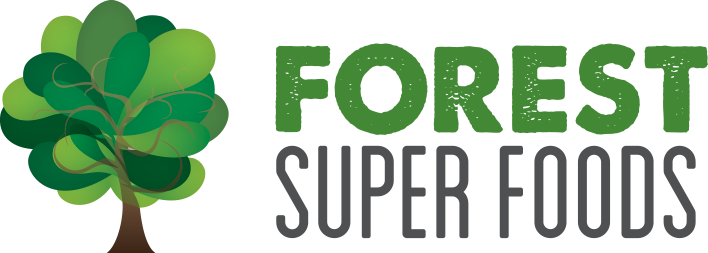




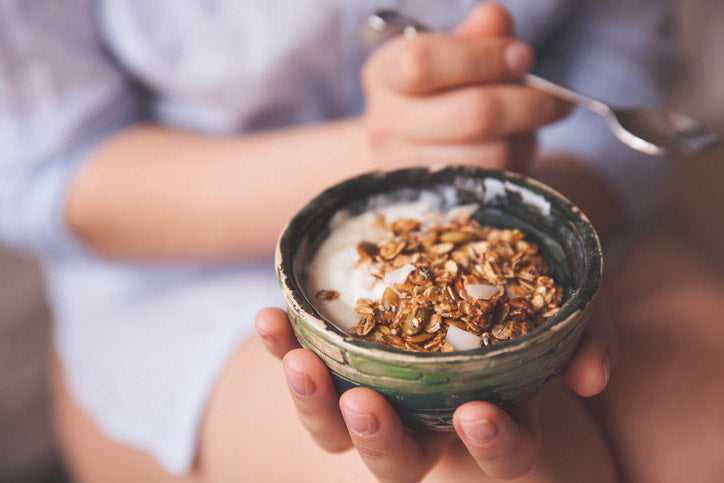
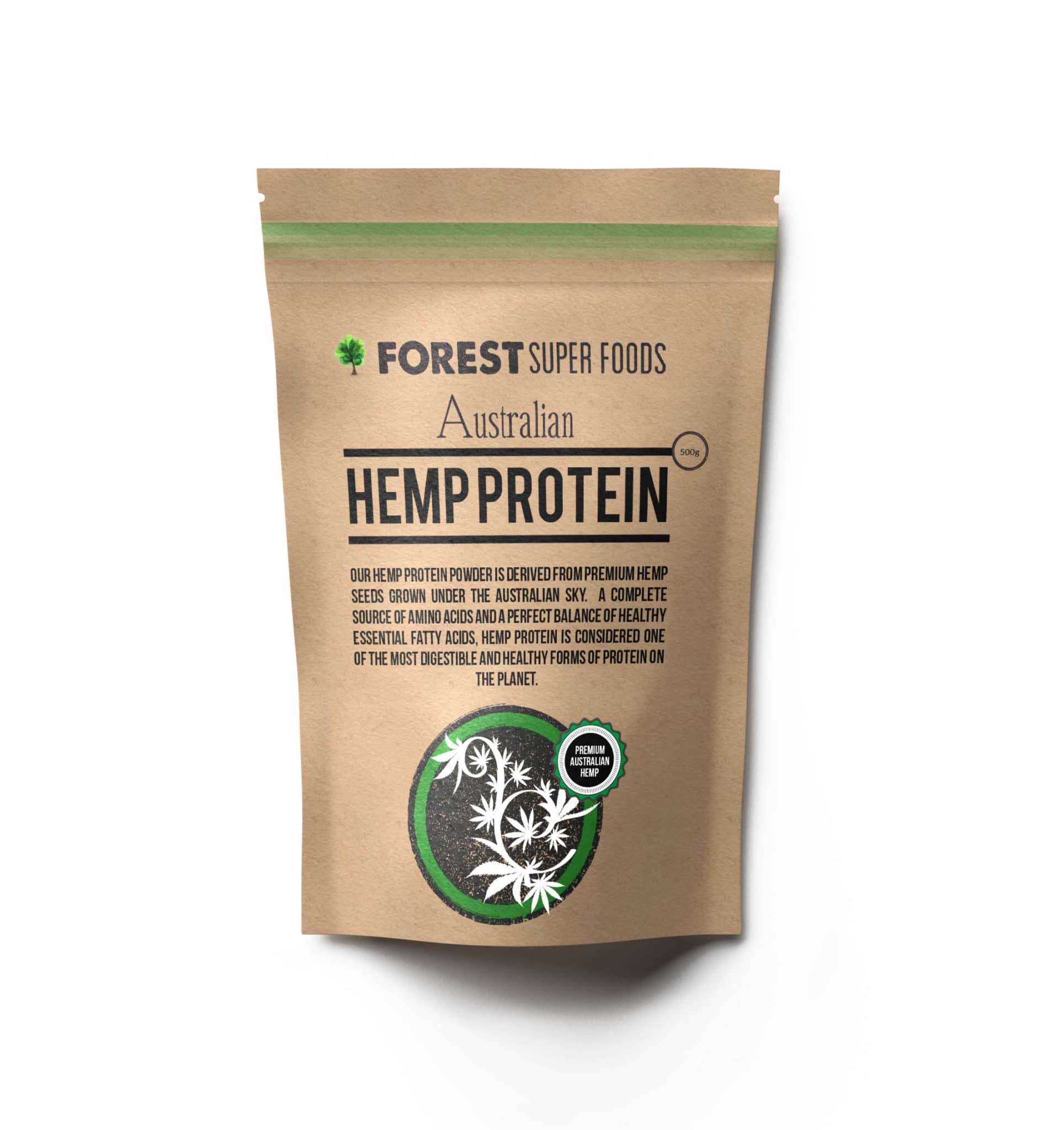
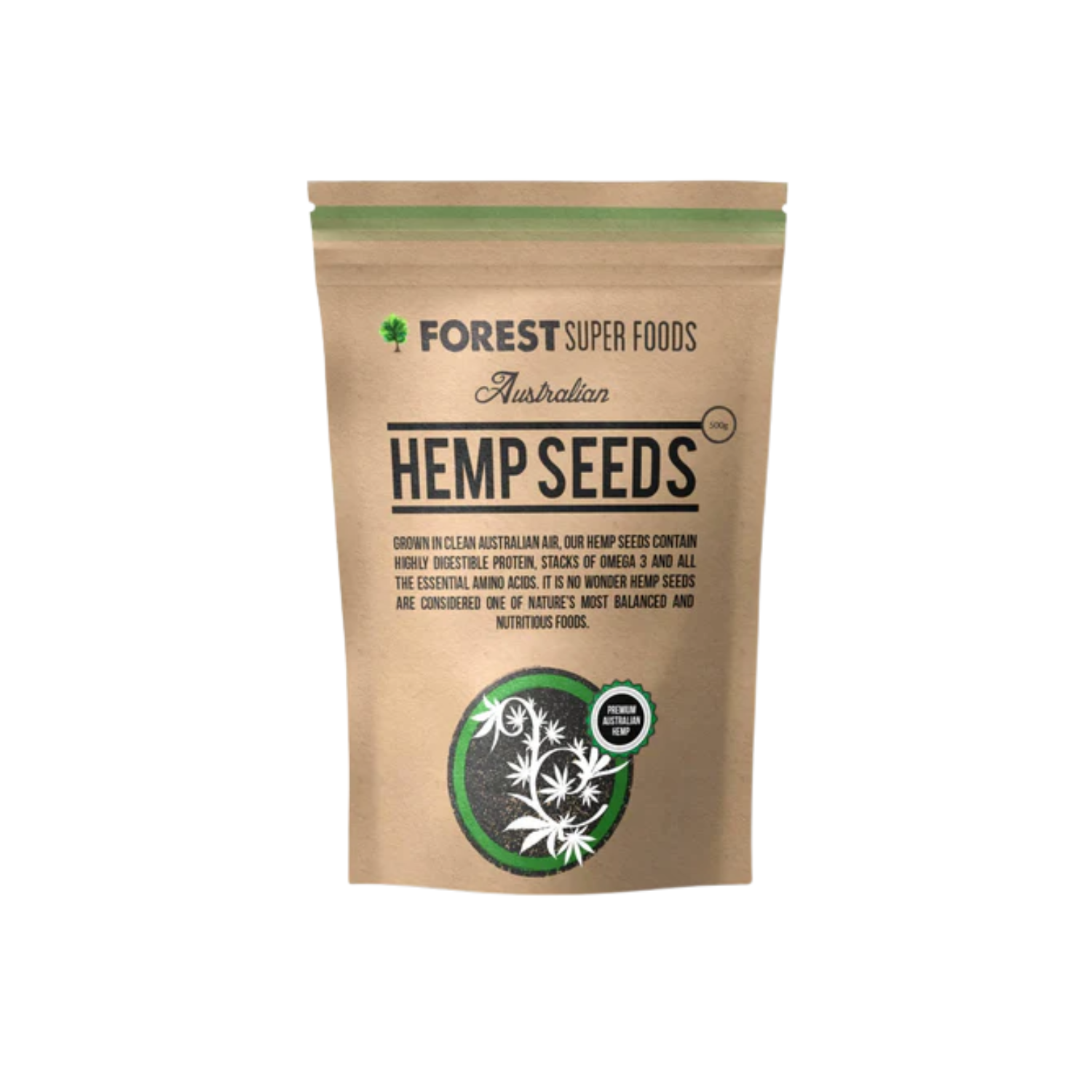
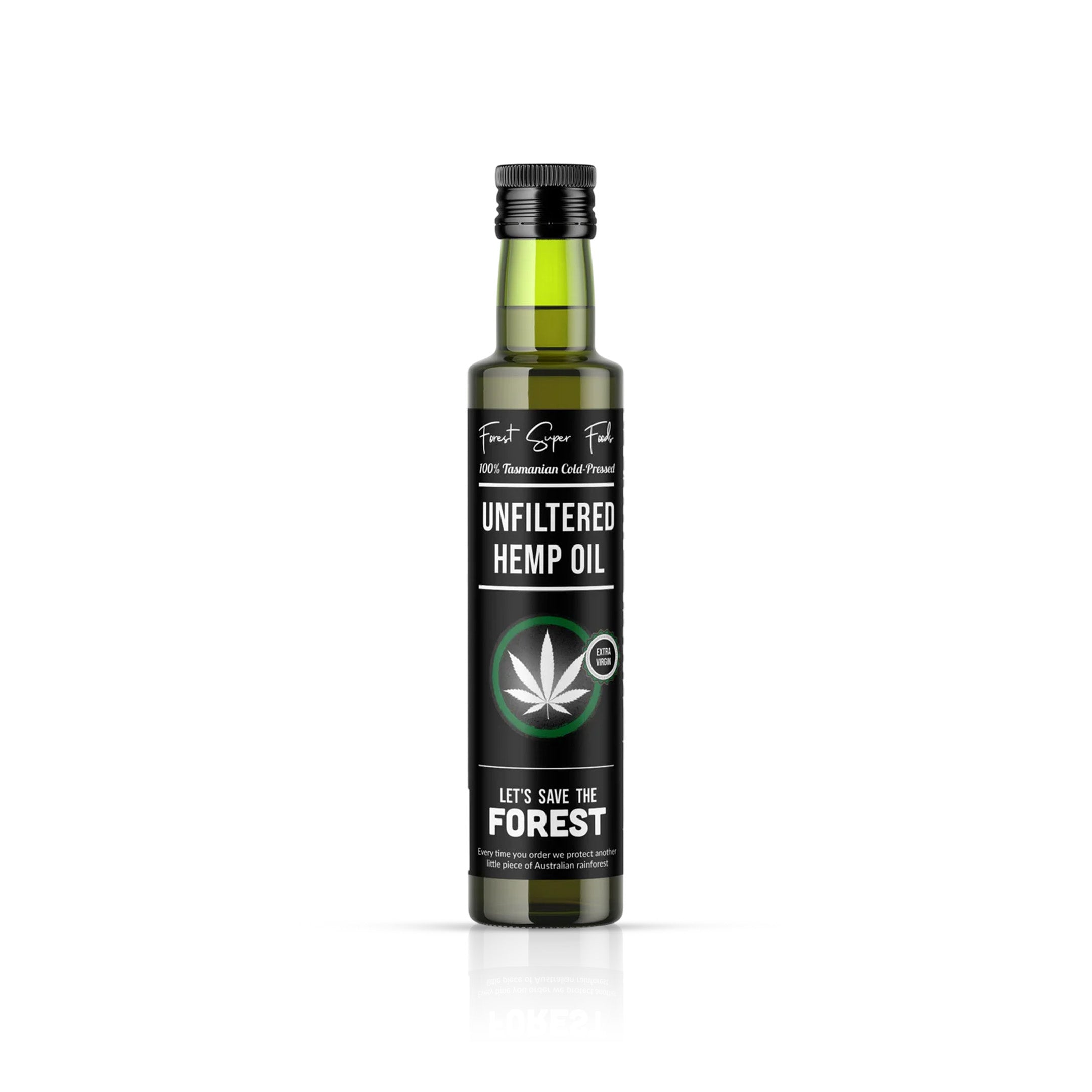
Leave a comment
All comments are moderated before being published.
This site is protected by hCaptcha and the hCaptcha Privacy Policy and Terms of Service apply.